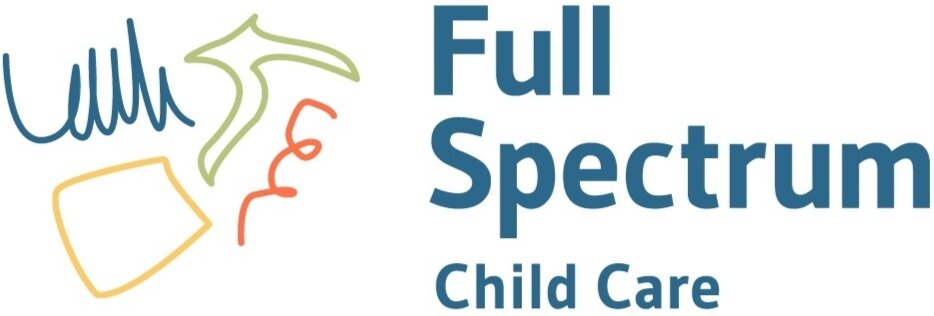Today, I’d like to spotlight the poem, "Man to Man Talk" performed by Leroy Moore Jr., by Leroy Moore. Leroy Moore is a Black writer, poet, community activist, feminist and an overall “Black Radical Crip”! He is also one of the founder of *Krip Hop and the cofounder of Sins Invalid.
In Moore’s poem, “Man to Man Talk”, he explores the stages of his self-love journey as a “POC with CP”, a person of color with cerebral palsy. Moore reflects on his entry into the world and the reactions of his parents, more notably his father, when doctors noted his “ailment”. He tells the story of his childhood and being raised by a single Black mother: “My childhood haunts me...seeing single Black mothers with their disabled sons. Husbands gone…Their mothers had to be real, raising sons from broken homes”. In addition to accepting his father’s absence, growing up as a disabled Black boy, Moore had to wrestle with the cruelty and insensitivity of his peers.
Moore shares his experience as a Black disabled man trying to define his sexuality and masculinity for himself and establish romantic relationships. Moore’s circumstances are unique because he is a Black man. Given the perception and historical racial stereotypes of Black men and their sexuality, they have been portrayed as immensely desirable and sexual beings, so much so that their image has become predatory, however, in regards to Moore, his disability violently strips him of the “primitive” masculinity often associated with Black manhood. For example, Moore states : “Girlfriends not a reality. Women want my advice, but can’t see me as a mate. Another cold night, The Isley Brothers sing “In Between the Sheets”, while Black disabled man is sleeping on the streets”. Even though Moore views himself as a confident, strong Black man who has overcome many setbacks, from the point of view of women, Moore’s disability is still seen as an aspect of fragility and uncertainty: “Patriarchal expectations of man filter my preferences...As I cross the threshold into womanhood...Mind narrowed, arms crossed in defiance, lips pursed from indifference...I envision the “ideal man”.
The history of aesthetics is so deeply rooted within society that communities have to reprogram their assumptions and able-bodied expectations about beauty and the patriarchal representations of masculinity and femininity. Moore explains how “[His] sexuality goes deeper than what you can see. It took forty years to walk with my head up, saying Black is beautiful and disability is gorgeous”. Moore’s confidence and unapologetic persona leaves the audience with no choice but to accept him for who he is and in doing so, he confronts the narrow minded outlooks (of the women he has encountered) on developing a romantic relationship with him because of his disability and their presumptions about what a desirable Black man looks like and represents.
Leroy Moore’s poem performance is not only about speaking his truth, but also serving as a physical representation of art. As Moore proudly states: “Somebody get me a mirror ‘cause I know I’m fine”, he is conveying to the audience that the body he inhabits is not an inconvenience or burden, but a “gift” that has propelled him on this journey of self-love.
*Krip Hop: “Leroy F. Moore Jr., is Founder of the Krip-Hop Nation, a movement that addresses ableism, or discrimination against disabled artists, esp. Black musicians marginalized because of racism AND ableism internationally” (Leroy Moore).
https://www.sinsinvalid.org/about-us
https://www.facebook.com/DJCollective/about/?ref=page_internal
